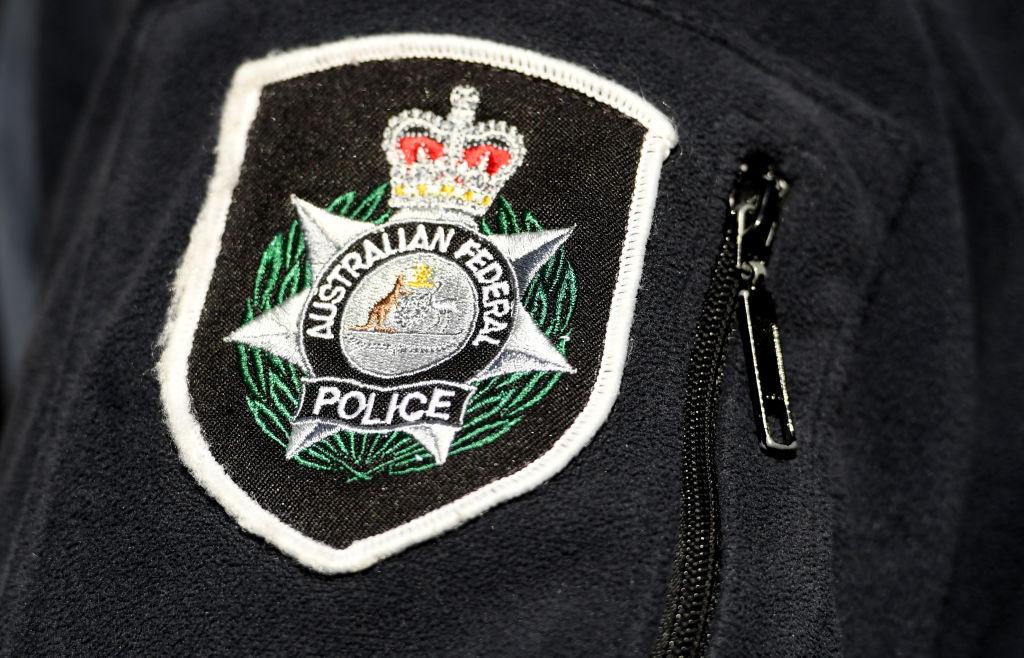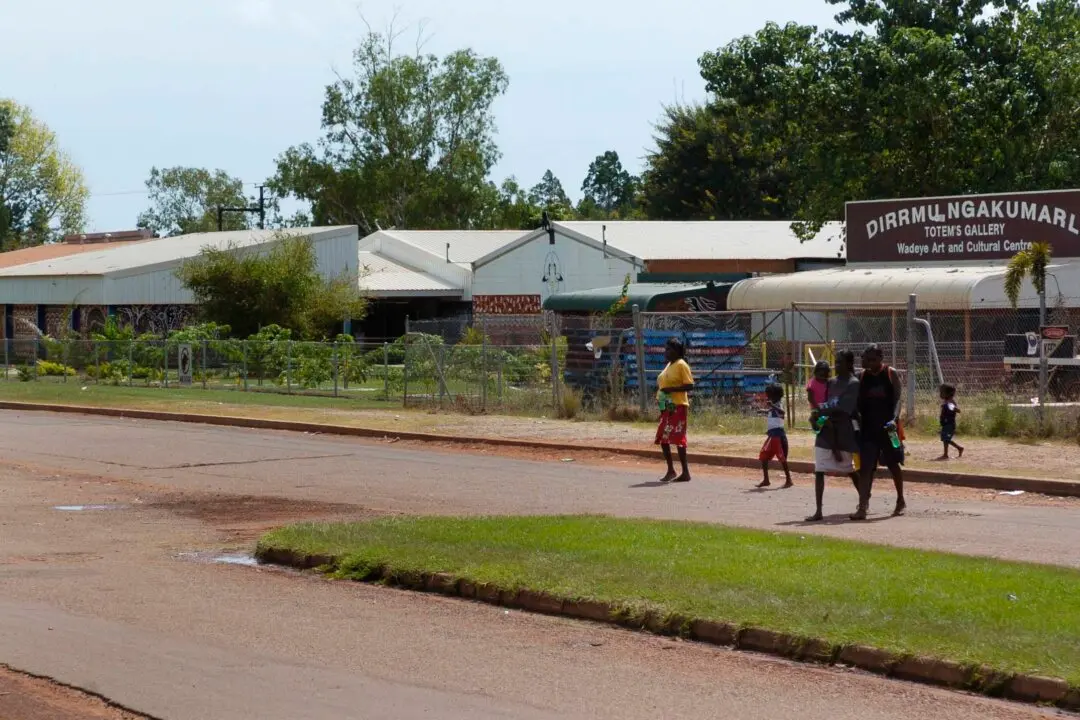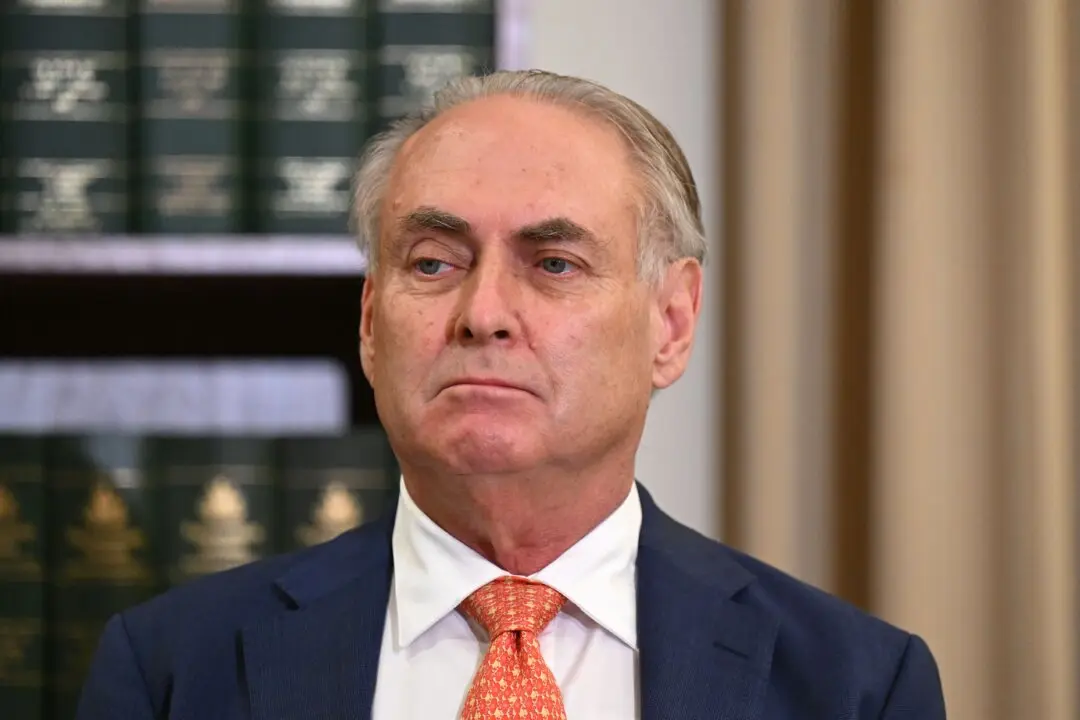Parts of the William Tyrrell inquest will be held in secret after a NSW coroner ruled it was in the interest of justice for some witnesses to give evidence behind closed doors.
A handful of the 54 people on a draft witnesses list have been assigned pseudonyms and granted permission to give evidence before just the coroner, lawyers and court staff.





